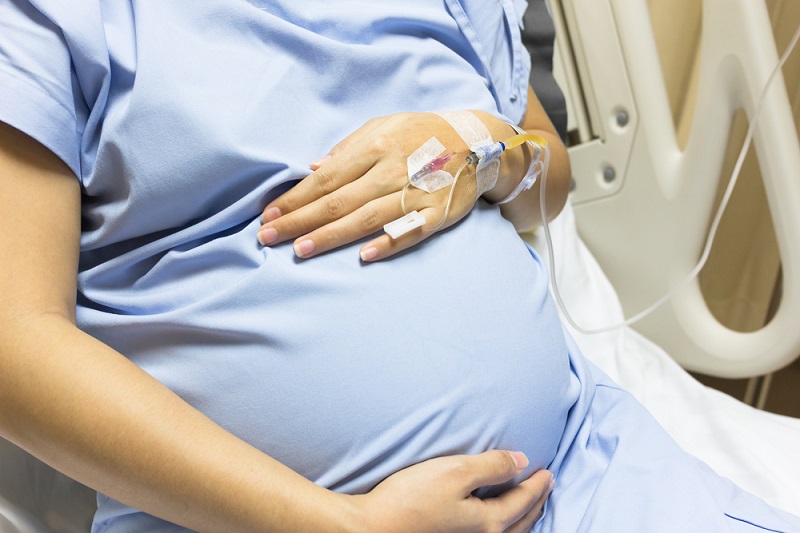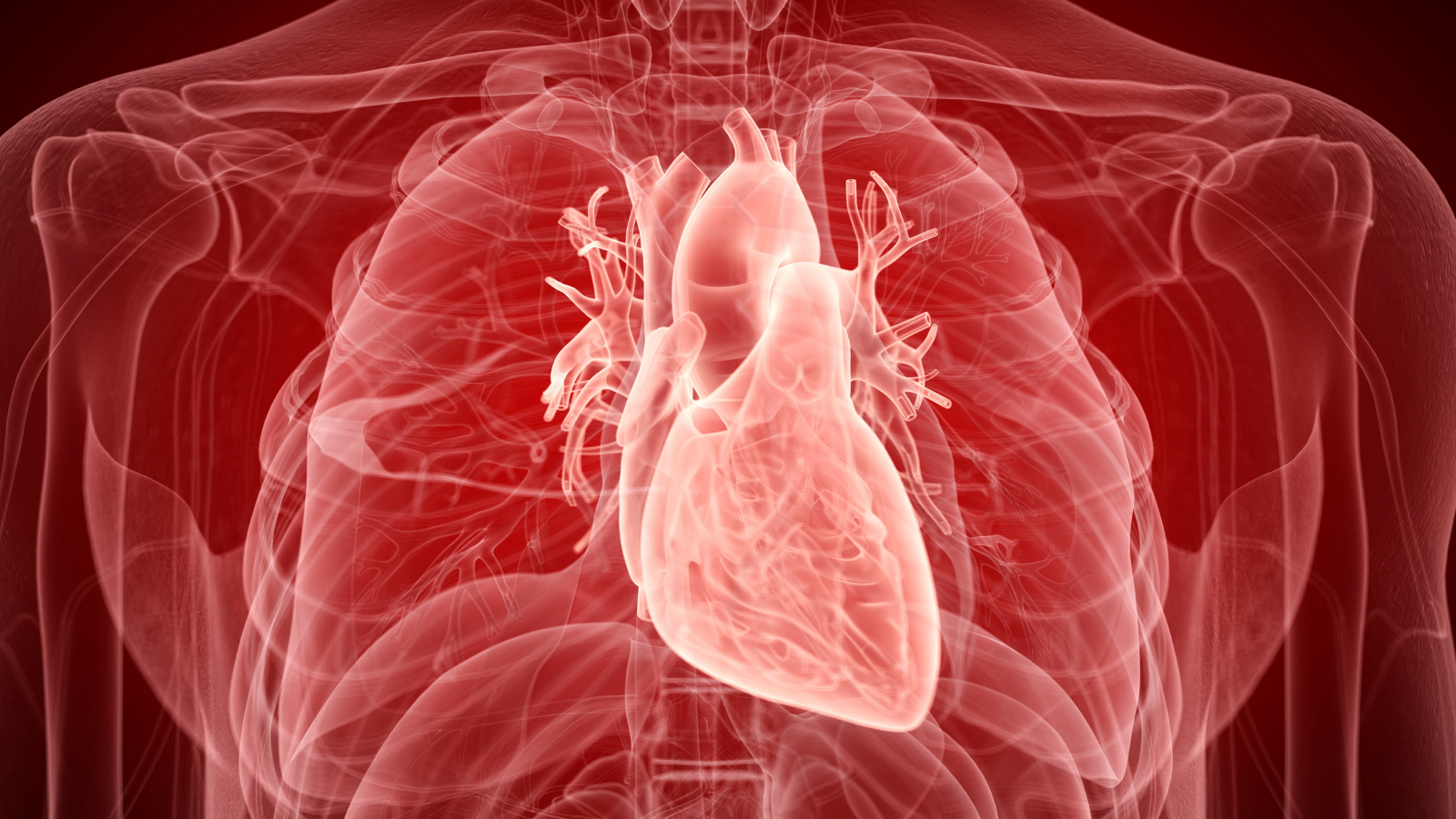Can pregnant mom pass coronavirus to her unborn child? Early research says no.
The findings are very preliminary.

Get the world’s most fascinating discoveries delivered straight to your inbox.
You are now subscribed
Your newsletter sign-up was successful
Want to add more newsletters?

Delivered Daily
Daily Newsletter
Sign up for the latest discoveries, groundbreaking research and fascinating breakthroughs that impact you and the wider world direct to your inbox.

Once a week
Life's Little Mysteries
Feed your curiosity with an exclusive mystery every week, solved with science and delivered direct to your inbox before it's seen anywhere else.

Once a week
How It Works
Sign up to our free science & technology newsletter for your weekly fix of fascinating articles, quick quizzes, amazing images, and more

Delivered daily
Space.com Newsletter
Breaking space news, the latest updates on rocket launches, skywatching events and more!

Once a month
Watch This Space
Sign up to our monthly entertainment newsletter to keep up with all our coverage of the latest sci-fi and space movies, tv shows, games and books.

Once a week
Night Sky This Week
Discover this week's must-see night sky events, moon phases, and stunning astrophotos. Sign up for our skywatching newsletter and explore the universe with us!
Join the club
Get full access to premium articles, exclusive features and a growing list of member rewards.
There are many unknowns about the new coronavirus, including whether pregnant women who catch the virus can pass it to their unborn child. Now, a preliminary study suggests the virus, known as 2019-nCoV, may not be transmitted during pregnancy.
However, the study was small and involved only pregnant women in the third trimester who gave birth via cesarean section (C-section). More studies are needed to confirm the findings and to see whether they apply to other groups of pregnant women, the authors said.
"We should continue to pay special [attention] to newborns born to mothers with COVID-19," the new name for the disease caused by 2019-nCoV, study lead author Yuanzhen Zhang, a professor at Zhongnan Hospital of Wuhan University in China, said in a statement.
Related: Live updates on the new coronavirus
The study, published Wednesday (Feb. 12) in the journal The Lancet, follows the news of an infant in China who tested positive for 2019-nCoV within 36 hours of birth. But in that case, it wasn't clear whether transmission in the womb really happened, Zhang said. It may be that the infant caught the virus after birth from close contact, for instance, he said.
Some infections can pass from a mother to child during pregnancy, although exactly how this happens is often unclear. Pathogens may pass to the child through the placenta during pregnancy, or through contact with bodily fluids during delivery. For instance, if a pregnant woman has HIV, the newborn may become infected through blood that gets into the placenta during labor contractions, or through contact with blood during delivery, according to The American College of Obstetricians and Gynecologists. However, this mode of transmission is not very common among viruses, particularly respiratory viruses, according to The Guardian.
In the new study, the researchers analyzed information from nine women who developed COVID-19 when they were 36 to 39 weeks pregnant, and were admitted to a hospital in Wuhan, the Chinese city where the outbreak of 2019-nCoV originated.
Get the world’s most fascinating discoveries delivered straight to your inbox.
Related: How to get pregnant: 10 tips for women
When the women gave birth via C-section, doctors collected samples of amniotic fluid, umbilical cord blood and breast milk, as well as samples from the newborn's throat. All of these samples were taken in the operating room at the time of birth so that they would best represent the conditions in the womb, the authors said
None of the women developed severe pneumonia as a result of their infection, and all of the newborns survived. What's more, none of the samples from the amniotic fluid, cord blood, breast milk or throat swabs tested positive for the virus.
"Findings from this small group of cases suggest that there is currently no evidence for intrauterine infection … in women who develop COVID-19 … in late pregnancy," the authors wrote.
Still more studies are needed among pregnant women in different stages of pregnancy (such as the first and second trimester) and those that give birth vaginally, the authors said.
Future studies "of pregnant women with COVID-19 infection, as well as neonates, will be necessary to ascertain the safety and health of mothers and babies" exposed to the new coronavirus, the authors concluded.
- The 9 deadliest viruses on Earth
- 28 devastating infectious diseases
- 11 surprising facts about the respiratory system
Originally published on Live Science.

Rachael is a Live Science contributor, and was a former channel editor and senior writer for Live Science between 2010 and 2022. She has a master's degree in journalism from New York University's Science, Health and Environmental Reporting Program. She also holds a B.S. in molecular biology and an M.S. in biology from the University of California, San Diego. Her work has appeared in Scienceline, The Washington Post and Scientific American.
 Live Science Plus
Live Science Plus





